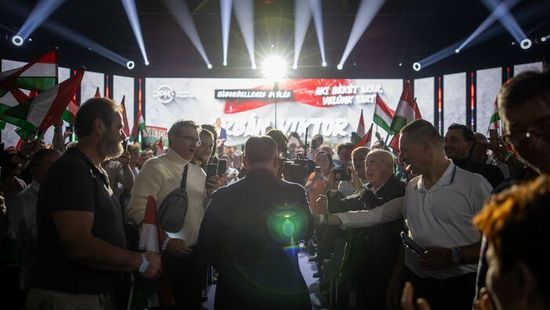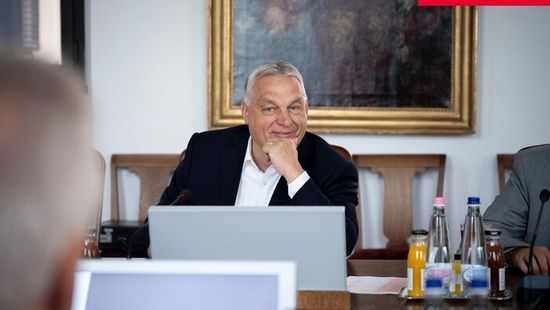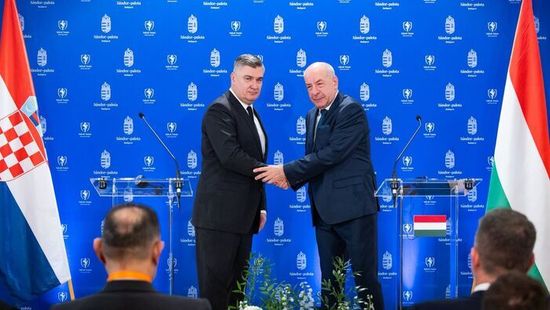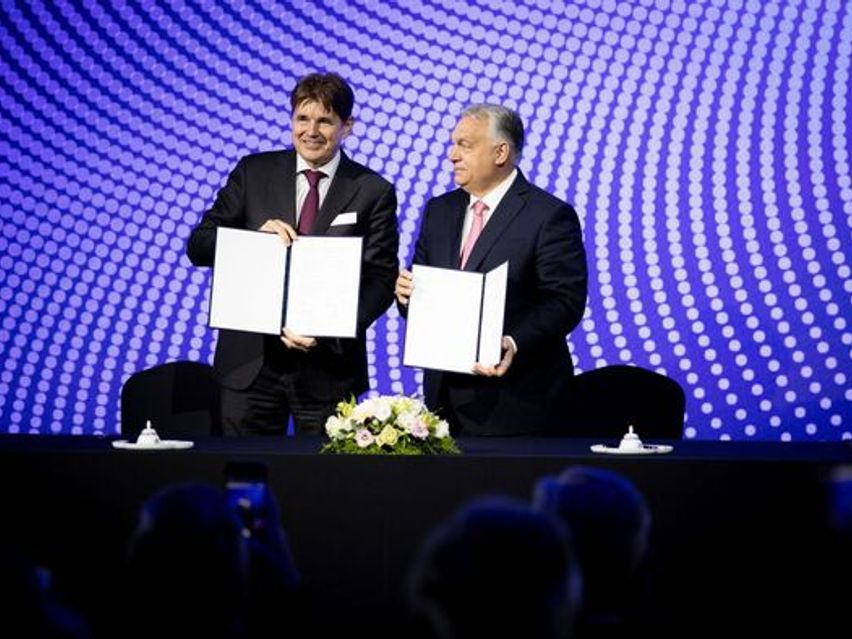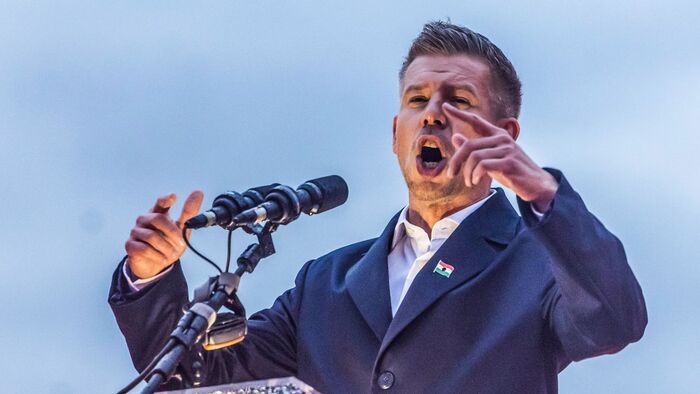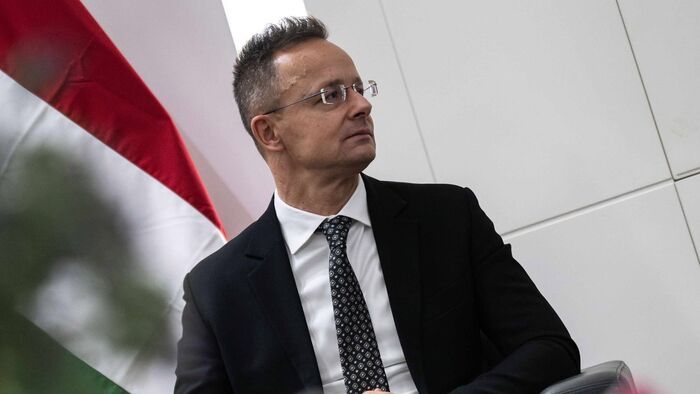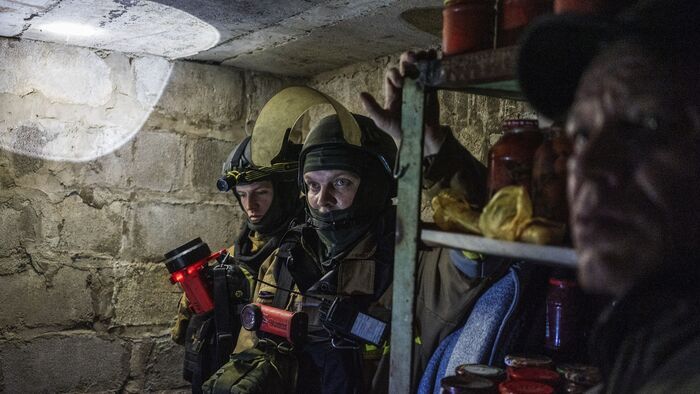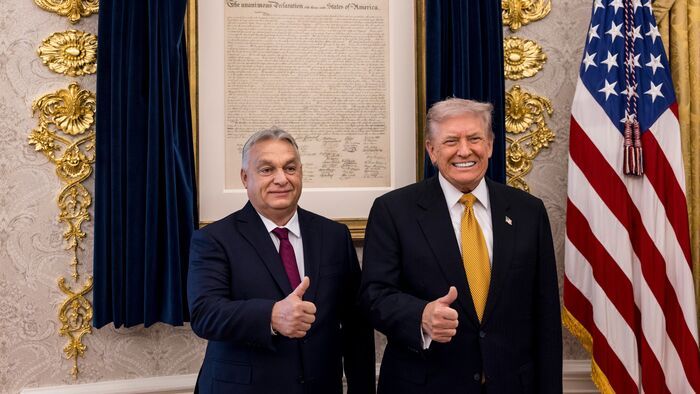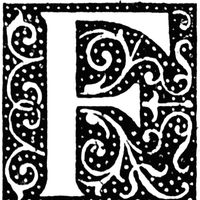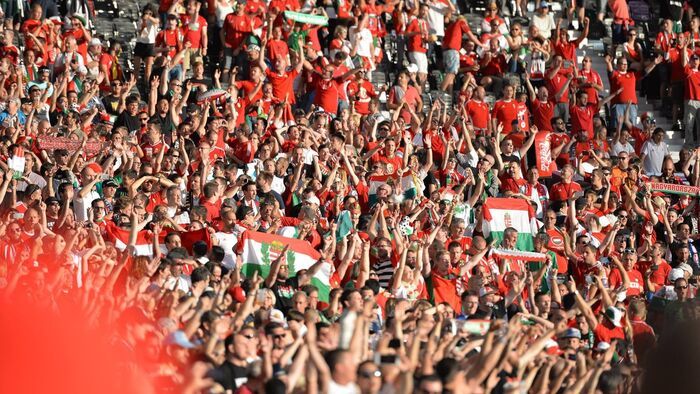– Our editorial office was one of those that reacted quite sensitively to the painful Russian interpretation of the events of 1956, with immediate effect. If memory serves, our question at the time went somewhat like this: why was it necessary to humiliate Hungary with such an insult? So, what actually happened? How did the 1956 Revolution become depicted as a Nazi uprising in Russian textbooks?
– It is no secret that in the joint history of our two peoples there are complex issues that require constant attention and a balanced attitude. They did not arise yesterday and cannot be solved overnight. What is important in such matters is how to approach these problems. In my view, that approach should include, at a minimum, the following elements. Firstly, it is impossible to judge the events of the past from the perspective of today, to forget about the historical context that existed at that time, and therefore it is very important to have a professional conversation with the participation of historical scholars, as well as people who witnessed those events. Secondly, there is a need for political will to recognize that certain decisions were a mistake and move forward in the development of relations between the countries. And finally, I’d like to emphasize that it’s extremely short-sighted to exploit the tragic events of the past in order to extract opportunistic political dividends in the current realities. It is particularly unfortunate when third parties do this. The events of 1956 certainly belong to such complex issues of our joint history, which require a delicate and thoughtful attitude. I would like to assure you that modern Russia respects the historical memory of the Hungarian people and always endeavors to follow exactly the approaches outlined above. Back in November 1992, President Yeltsin, during his visit to Budapest, spoke publicly on this issue. At that time, he symbolically handed over to the Hungarian side archive documents on the events of those years and recognized the actions of the Soviet leadership as a mistake. Later, in 2006, President Putin noted in Budapest that despite all the problems of the past, which undoubtedly include 1956, it is necessary to think about the future and develop our bilateral co-operation. Last year, during the plenary session of the Eastern Economic Forum, President Putin reiterated that Russia had long recognized this part of the Soviet Union's policy as a mistake, and stressed that "you cannot do anything in the sphere of foreign policy that is in clear contradiction with the interests of other nations". Later in October, he reiterated what he had said earlier, noting the existence of serious internal protest in Hungary at the time, but also pointing to the role of Western countries in fueling the problems Hungarian society was facing. Thus, in political terms, we consider this topic closed.


